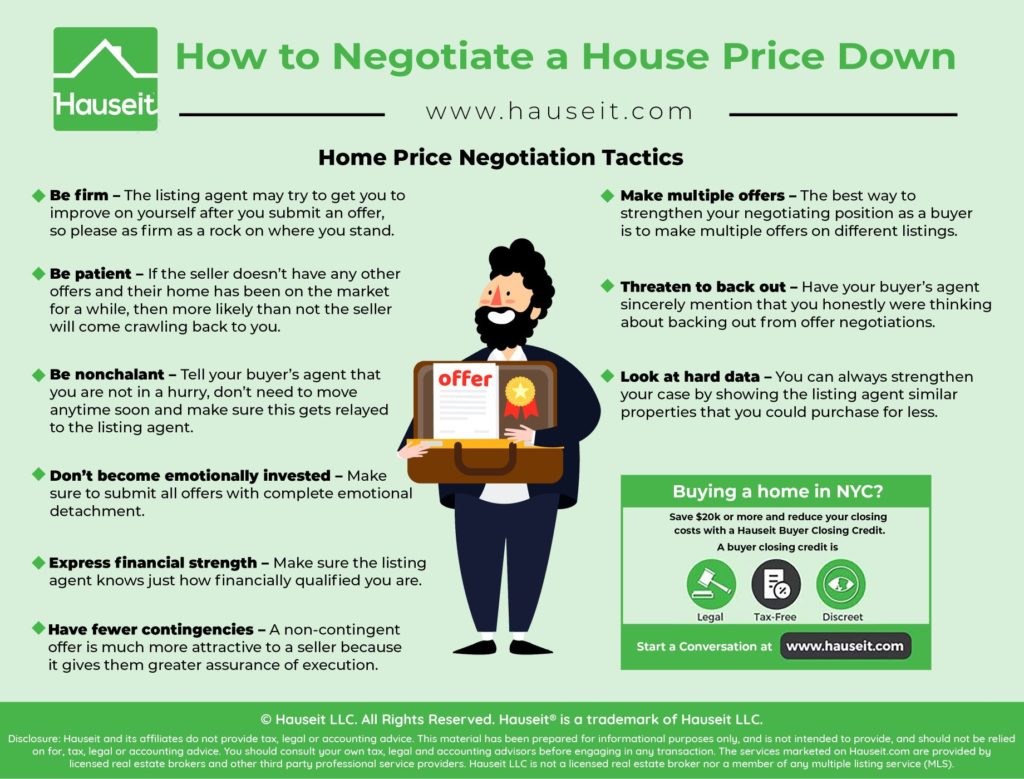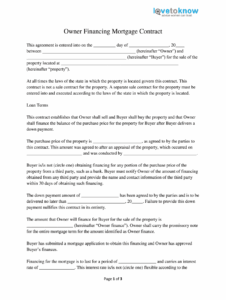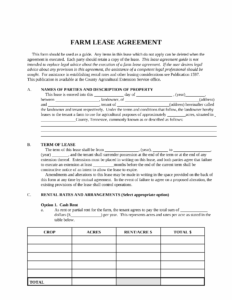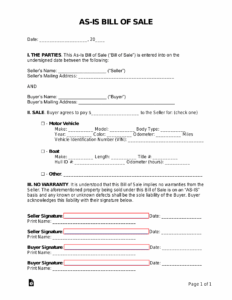Buying a house is often a rollercoaster of emotions. There’s the initial excitement of finding “the one,” the nail-biting wait for your offer to be accepted, and then, invariably, the reality check when the survey results land in your inbox. It’s a moment that can make even the most seasoned buyer feel a little apprehensive, as this report often uncovers issues you never knew existed.

But discovering defects doesn’t necessarily mean the deal is off or that you’ve made a terrible mistake. Instead, it’s an opportunity – a chance to renegotiate the house price based on new, vital information. Armed with the right approach and a clear understanding of the survey’s findings, you can confidently address these concerns and work towards a fair outcome that benefits everyone involved.
Understanding Your Survey Report and What It Means for Negotiation
A property survey is far more than just a formality; it’s a crucial health check of the building you intend to purchase. Whether you’ve opted for a basic RICS HomeBuyer Report or a comprehensive Building Survey, the findings will highlight everything from minor maintenance issues to significant structural concerns. These reports provide an objective assessment, giving you the detailed information needed to make an informed decision about your purchase.
Different types of surveys offer varying levels of detail. A HomeBuyer Report will typically flag urgent repairs and potential legal issues, often using a traffic light system to indicate severity. A full Building Survey, on the other hand, delves much deeper, examining every accessible part of the property and providing extensive detail on construction, defects, and necessary repairs. Understanding which type of survey you commissioned and what kind of issues it’s designed to uncover is your first step.
Once you’ve identified the issues, the next critical step is to understand their financial implications. Minor cosmetic flaws might be manageable, but issues like damp, a failing roof, or significant structural cracks can lead to substantial repair costs. It’s highly recommended to get professional quotes for any major defects highlighted in the survey. These quotes provide concrete evidence of the money you’ll need to spend, strengthening your position when you approach the seller.
Don’t just look at the immediate costs, but also consider how these issues might affect the property’s long-term value or your ability to resell it in the future. Armed with this comprehensive understanding, you’ll be well-prepared to articulate your concerns and propose a revised offer, effectively using your survey to negotiate a house price after survey template.
Key Elements to Consider for Your Negotiation Strategy
- Severity of Defects: Differentiate between minor maintenance and major structural issues. Focus on defects that genuinely impact the property’s safety, value, or your immediate living comfort.
- Cost of Repairs: Obtain several professional quotes for the necessary work. This substantiates your request for a price reduction or seller contribution.
- Impact on Future Value/Resale: Consider if the identified issues will make the property harder to sell down the line or affect its market value.
- Market Conditions: In a seller’s market, you might have less leverage, while in a buyer’s market, you could have more room to negotiate.
- Seller’s Motivation: Is the seller in a hurry to sell? Do they have an onward purchase dependent on this sale? This can influence their willingness to negotiate.
Crafting Your Negotiation Proposal: A Step-by-Step Guide
Once you’ve thoroughly reviewed your survey and gathered any necessary repair quotes, it’s time to formulate your negotiation proposal. This isn’t about being aggressive, but rather about being clear, concise, and professional. The goal is to present a reasonable case that encourages the seller to meet you halfway, or at least acknowledge your concerns.
Your communication should ideally be in writing, whether it’s an email or a formal letter, as this creates a clear record of your proposal. Start by referencing your original offer and the date the survey was completed. Always attach the full survey report for the seller’s reference, as well as any quotes you’ve obtained for the necessary repairs. This demonstrates that your concerns are based on professional advice and not just personal opinion.
Be very specific about the issues you are raising. Refer to the specific points or paragraphs in the survey report where these defects are highlighted. For each significant issue, state the estimated cost of repair and then clearly propose your desired outcome. This could be a reduction in the agreed purchase price, a request for the seller to carry out the repairs before completion, or a contribution towards the repair costs upon completion. This structured approach is vital for any effective negotiate house price after survey template.
Remember to maintain a polite and reasonable tone throughout your proposal. Avoid accusatory language. Frame your request as a collaborative effort to ensure a smooth transaction for both parties. End by setting a reasonable deadline for their response, usually a few working days, to keep the process moving forward efficiently. This structured approach often yields the best results.
- Reference your initial offer and the date of the survey report.
- Clearly list each identified issue, referencing the specific sections of the survey.
- Provide accompanying professional quotes for repair work.
- State your proposed resolution: a specific price reduction, seller-funded repairs, or a financial contribution.
- Maintain a polite, professional, and reasonable tone.
- Suggest a realistic timeframe for the seller’s response.
Ultimately, a detailed property survey serves as your protection, providing invaluable insight into your potential new home. It allows you to make an informed decision, ensuring you’re not inheriting unforeseen and costly problems down the line. Approaching the negotiation with preparation and a clear understanding of the facts will always put you in the strongest position.
By carefully articulating your concerns and presenting a well-reasoned proposal, you can often reach an amicable agreement with the seller. This ensures you’re buying the property at a fair price, reflecting its true condition. Confident communication, backed by evidence, is key to successfully navigating this stage of the home-buying journey and ensuring a satisfactory outcome, much like having a solid negotiate house price after survey template.



